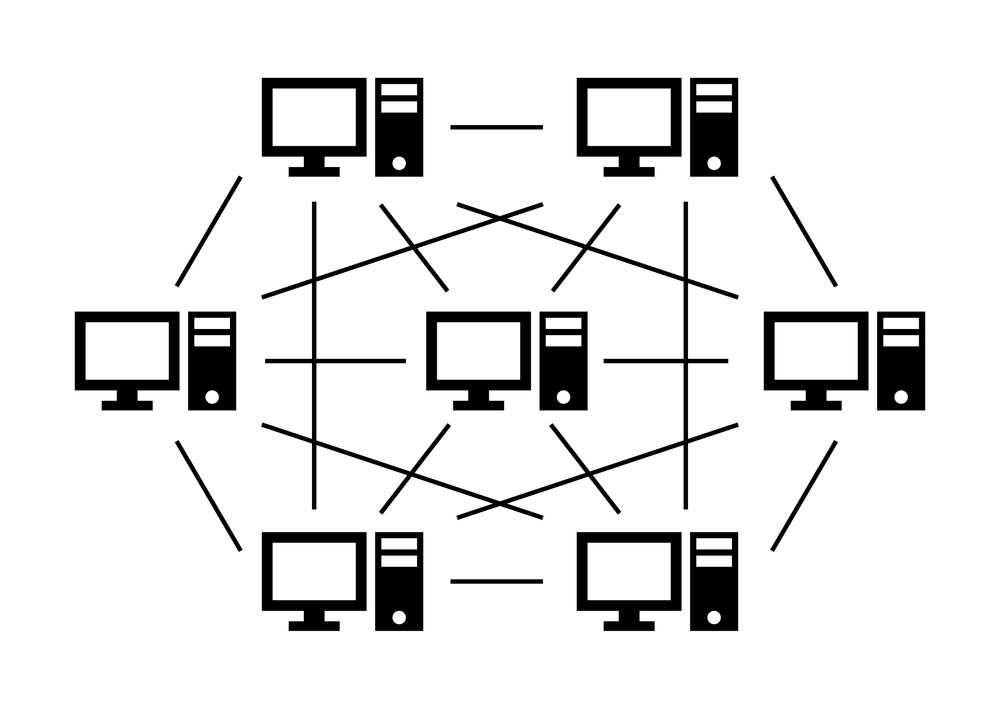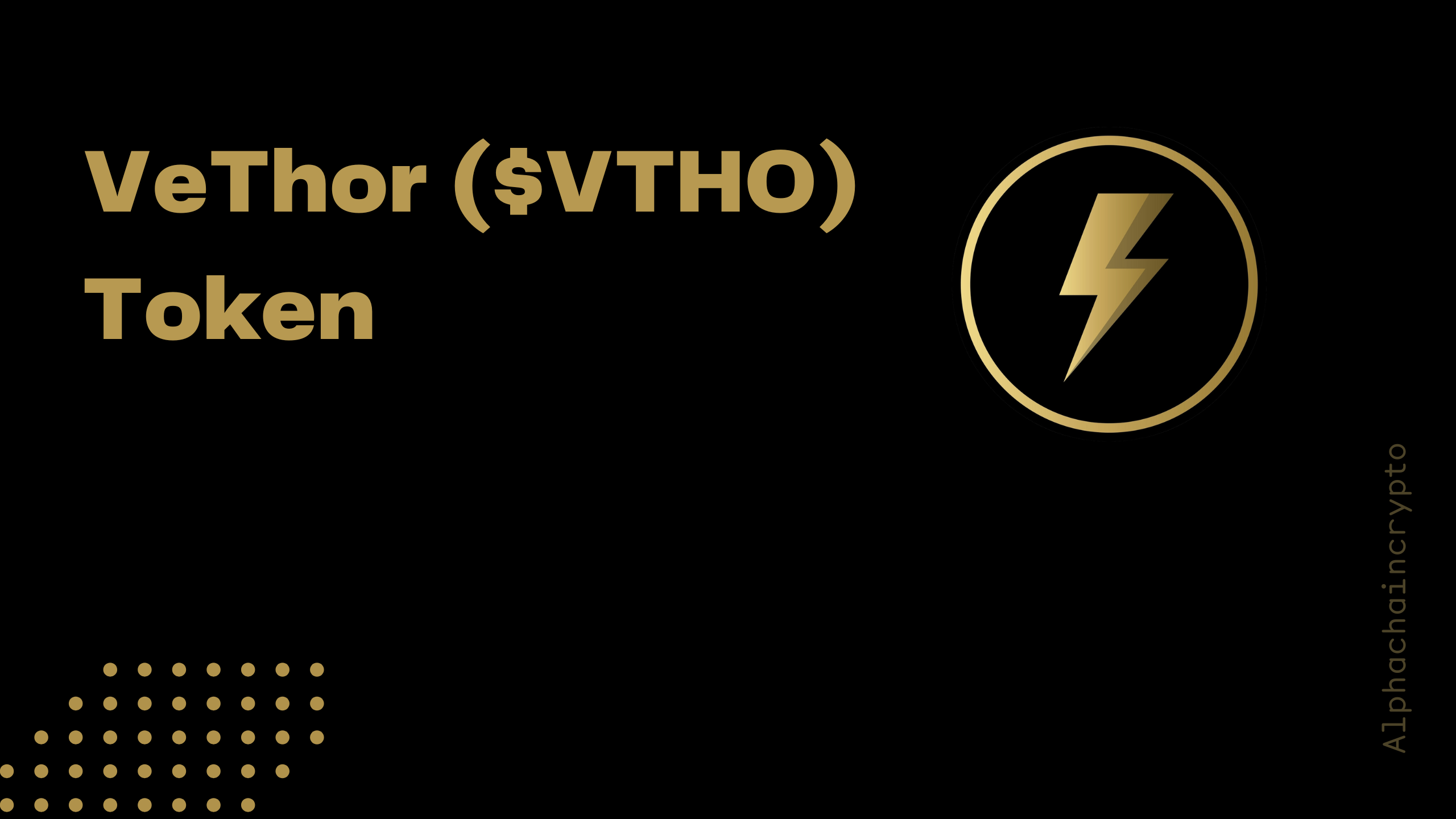Key Takeaways:
- Public blockchains rely on decentralized networks of computers called nodes instead of traditional centralized servers.
- Crypto nodes play a vital role in maintaining blockchain records, verifying transactions, and enforcing network rules.
- There are various node types with specific functions, such as miner nodes that create blocks and validator nodes that approve transactions.
- This article explores the concept of crypto nodes, their functionality, and their importance in blockchain networks.
Crypto nodes are the backbone of decentralized networks, making blockchains secure, reliable, and transparent. They allow transactions to be proposed, approved, and processed without a central authority. This decentralization enables numerous applications like DAOs and peer-to-peer digital asset transfers. Ensuring accuracy and security in transactions is crucial, given the immutable nature of blockchain data.
Operating a network of thousands of nodes, each verifying transactions independently, is a complex task. Blockchain networks approach node management differently, offering incentives or penalties to ensure smooth operation and transaction verification. Let’s dive into what crypto nodes are, how they function, and their impact on blockchain transactions.
What Is a Crypto Node?
A crypto node is an individual computer within a blockchain network, storing a copy of the blockchain’s data, or distributed ledger. Each node in the network holds identical data, allowing them to verify each other’s records. This decentralized validation enables nodes to approve and record transactions without centralized oversight.
The larger the number of nodes in a network, the more secure it becomes. For a bad actor to tamper with data, they would need control of over 51% of the nodes, which is practically impossible in popular networks with thousands of nodes.
Why Are Crypto Nodes Important?
Crypto nodes store essential data, including transaction history and the distributed ledger, which keeps the network running. They also enable synchronization across the network, ensuring every node has the same version of the blockchain. In addition, some nodes verify transactions, discard invalid ones, and assist new nodes joining the network by sharing blockchain data. Together, these capabilities support a decentralized network structure, where participants worldwide maintain blockchain integrity.
Crypto Nodes vs. Miners vs. Validators
In blockchain terminology, “nodes,” “miners,” and “validators” are often used interchangeably, but they have distinct roles. Here’s a breakdown:
- Miners: Dedicated systems that add new blocks of transactions to the blockchain in proof-of-work (PoW) networks like Bitcoin. Miners solve complex cryptographic puzzles to validate transactions, a process requiring significant energy and computing power. Miners are rewarded in cryptocurrency for successfully adding valid blocks to the blockchain.
- Validators: Nodes in proof-of-stake (PoS) networks that approve transactions and create blocks. Instead of solving puzzles, validators are chosen based on the amount of cryptocurrency they’ve staked, or locked, in the network. Validators also earn rewards, and they face penalties, like stake reduction, for malicious behavior.
Not all nodes are miners or validators. Anyone can operate a node to contribute to the network without mining or validating transactions.
Types of Crypto Nodes
There are two primary types of crypto nodes, each with specific roles within the network:
1. Full Nodes
Full nodes store a complete copy of the blockchain’s transaction history. They play a critical role in blockchain networks, providing other nodes with copies of the blockchain and facilitating network synchronization. Full nodes verify and share data across the network, forming the backbone of most blockchains.
2. Light Nodes (SPV Clients)
Light nodes, or Simplified Payment Verification (SPV) clients, are a lightweight alternative to full nodes. They do not store the entire blockchain but only download essential data, such as block headers. Light nodes are useful in networks with limited storage capacity, as they verify transactions with minimal resources. Light nodes are most common on blockchains like Bitcoin, where storage efficiency is important.
3. Miner Nodes (in PoW Networks)
Miner nodes add validated transactions to the blockchain by solving cryptographic puzzles in proof-of-work networks. Their high computational requirements are balanced by rewards in the form of cryptocurrency. These nodes ensure that PoW blockchains remain secure by making it costly to attempt any fraudulent changes.
4. Validator Nodes (in PoS Networks)
Validator nodes, used in proof-of-stake networks, approve transactions based on the amount of cryptocurrency staked. They play a similar role to miners but without the intensive energy demands. Validators also earn rewards, and staking ensures they have a vested interest in the network’s integrity.
How Crypto Nodes Operate?
The way nodes operate can vary across blockchains, but generally, they follow these steps:
- Transaction Distribution
When a user signs a transaction, it’s sent to nearby nodes, which relay it across the network. This process continues until the transaction reaches all nodes or is discarded. - Transaction Verification in the Mempool
The transaction enters a “mempool” within each node, where it’s temporarily stored. Nodes validate the transaction, checking it for authenticity and accuracy. Once most nodes confirm it as valid, it gains “pending” status, ready to be added to the blockchain. Invalid transactions are discarded. - Transaction Block Addition and Broadcasting
Pending transactions are compiled into blocks and added to the blockchain by miner or validator nodes. Once a transaction is included in a block, it becomes immutable, meaning it cannot be changed without majority approval from the nodes. This mechanism ensures blockchain security. - Incentives and Penalties
Nodes that participate in block creation typically receive cryptocurrency rewards. Proof-of-work miners invest significant energy and computational resources to secure the network, incentivized by block rewards. In proof-of-stake networks, validators also receive rewards but must stake funds as collateral. Misbehavior leads to penalties, such as “slashing,” where validators lose a portion of their staked assets, thus encouraging honest participation.
The Importance of Crypto Nodes
Crypto nodes are vital for blockchain security and decentralization. They form the core of peer-to-peer networks, enabling fair and transparent transaction validation without centralized oversight. As more people participate by operating nodes, blockchain security and decentralization improve, making it more challenging for bad actors to gain control.
No matter the use case, nodes are essential for all activities on a blockchain network. Running a node provides insight into the blockchain network, and users can even operate full nodes or validator nodes. With tools like Ledger Live, setting up a validator node is easier than ever.
Nodes form the infrastructure of blockchain systems. Without them, blockchain technology—and its promise of decentralized, secure digital interactions—wouldn’t be possible. By understanding how nodes work, users gain insight into the very foundations of blockchain networks.

A.k.a – alpha girl. Vinita is the founder of Alphachaincrypto. An English Lit Majors, Vinita bumped into Web3 in 2020 only to realise that tech was her calling. Later, Mathreja worked for some notable brands like Near Education, Biconomy, CoinDCX and top of the line crypto start ups.





